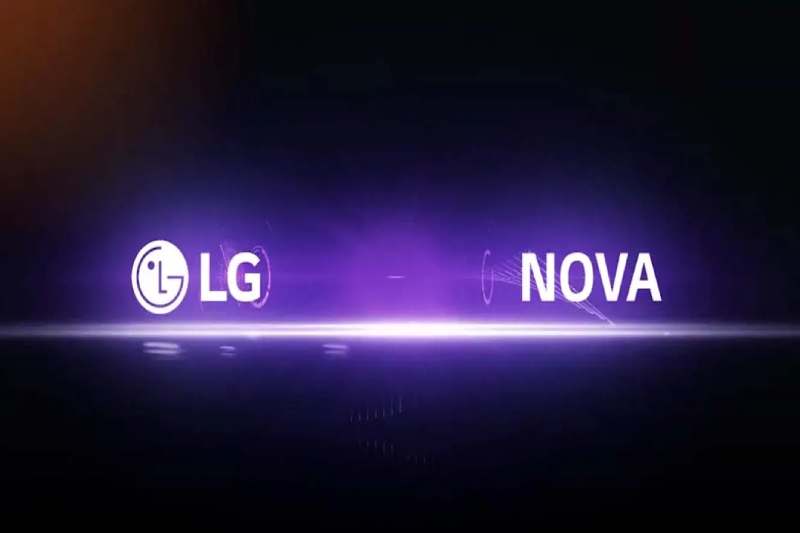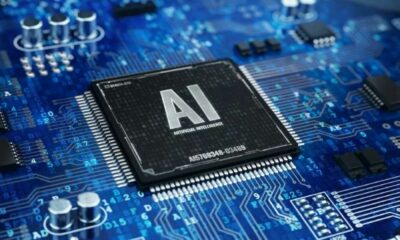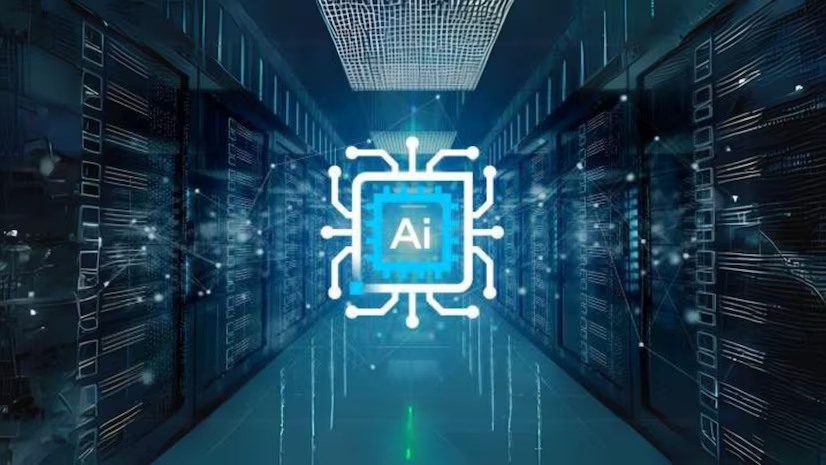Dialogue voice With its Smart Receptionist, artificial intelligence disruptor Onvego is poised to completely transform the commercial telephony market. Every business phone conversation is now worth more thanks to this AI breakthrough.
With small and medium-sized enterprises in mind, Smart Receptionist was created as an inexpensive AI-based phone handling and appointment management solution. After learning from partners about the challenges their clients have in receiving incoming calls, Onvego’s experts created a smooth platform for taking business calls.
The solution goes above and beyond conventional automated attendants. It was created in partnership with Phone.com, Onvego’s design partner. The AI-driven Smart Receptionist can arrange and reschedule appointments, filter spam, and redirect calls. It also addresses a lot of commonly asked questions, which eliminates the need for a dedicated individual to reply to inquiries about the services provided by an SMB.
Gonen Ziv, Chief Revenue Officer at Onvego, stated, “The Smart Receptionist will always answer when opportunity calls.” It’s quick and simple to set up. With the Smart Receptionist, businesses can go live in roughly five minutes.
Industrial Difficulties
Due to a lack of funding, personnel costs, time constraints, and training, businesses have struggled for far too long to effectively manage their communication channels on several fronts.
Research constantly indicates that daily, up to 50% of calls made by consumers to businesses go unanswered. With studies from Invoka and other sources showing that leads from inbound phone calls have a 10-15 times higher conversion rate than leads from other sources, it is evident that small business owners may benefit from phone traffic.
The Best Friend for Your Business
Modern, proprietary intellectual property (IP) is utilized by Onvego’s Smart Receptionist to provide natural language understanding (NLU) and automated speech recognition (ASR). It integrates text-to-speech (TTS), natural language processing (NLP), and large language model (LLM) technologies without making any of their complexity known to users or callers.
With any cloud telephony or enterprise VoIP solution, its conversational speech AI seamlessly connects. It eliminates spam around-the-clock, takes calls, makes appointments, and answers phones. Callers can communicate naturally and be understood with 99%+ accuracy in speech understanding. Today’s user-friendly technology transforms company telephony from a call-missing liability to a call-making asset.
As part of the growth of Smart Receptionist, Onvego has also unveiled its brand-new, fully customisable FAQ module, driven by AI. Any company that gets incoming phone calls can use it. It takes minutes to set the functionality. It functions well with current IVRs and doesn’t require any integration.
To quickly respond to frequently asked caller queries, businesses can create a knowledge base. Even in cases where a live person is unable to answer, the caller and the company benefit from the combined capabilities, which maximizes the value of each call.
By providing a self-service site that is user-friendly and customized to meet the demands of business customers, Onvego provides telephone service providers with a new source of income for the Smart Receptionist.
“At Onvego, we put a lot of effort into making sure our devices are simple to use and quick to set up.” “The high-touch, costly existing telephony channel is brought into the modern era by the Smart Receptionist,” Mr. Ziv continued.
The industry has already recognized the introduction of the Smart Receptionist as a major advancement. “Phone.com and our customers will benefit greatly from the Onvego Smart Receptionist,” stated Phone.com CEO Ari Rabban. “Without the expense and complexity usually associated with such revolutionary technology, it will allow us to bring the advantages of AI to even the smallest of businesses.”

 Business4 weeks ago
Business4 weeks ago
 Business4 weeks ago
Business4 weeks ago
 Business4 weeks ago
Business4 weeks ago
 Technology4 weeks ago
Technology4 weeks ago
 Business3 weeks ago
Business3 weeks ago
 Technology3 weeks ago
Technology3 weeks ago
 Business2 weeks ago
Business2 weeks ago
 Technology3 weeks ago
Technology3 weeks ago





